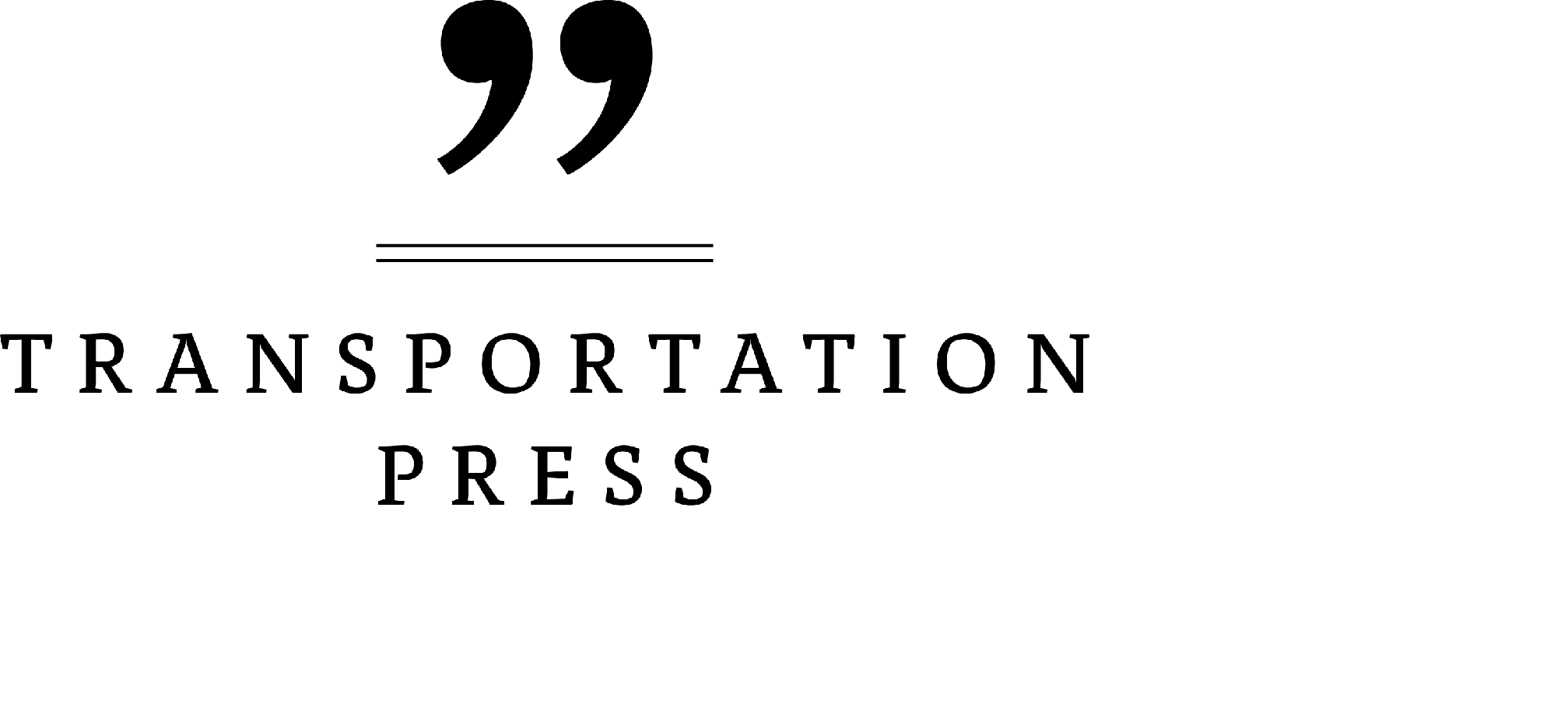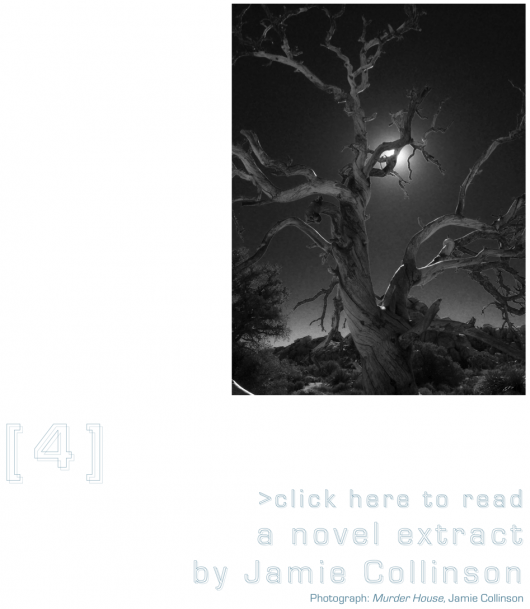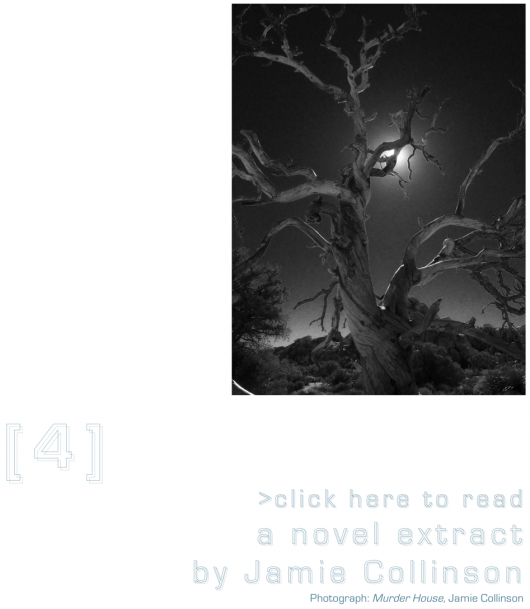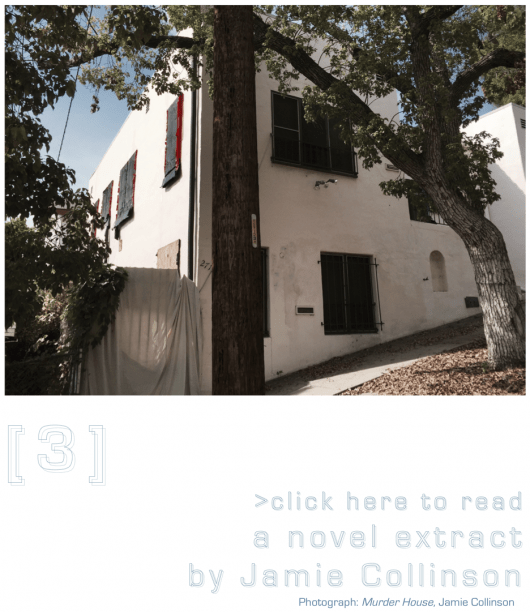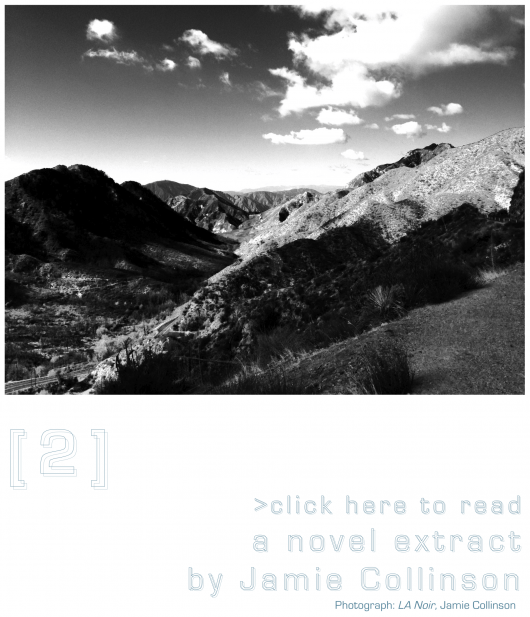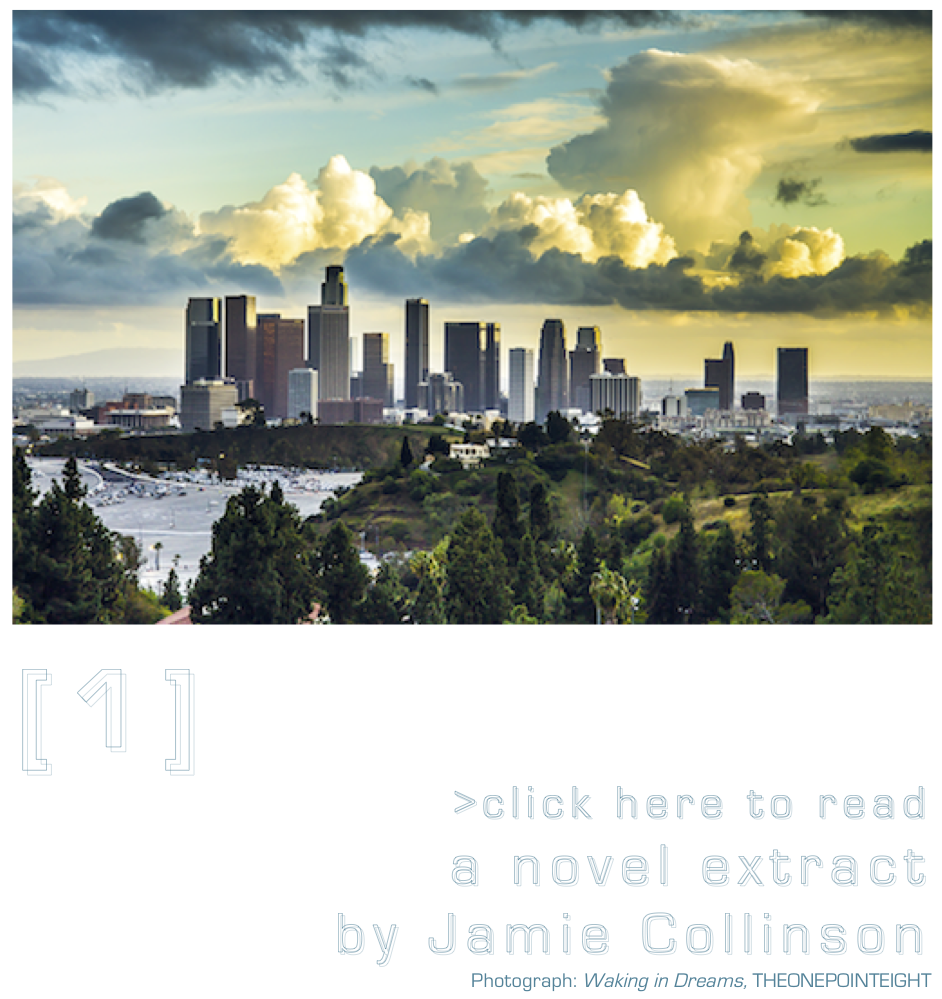Editor in Chief of Transportation Press, Rachel Edwards, visited China to discuss international publishing collaborations, this is the second installment of her account of the visit.
Day one, part two
Borges wrote (in Spanish) of Canton, that it is “where the river of the Water of Life spills into the sea.” Yet when he wrote he always had the English translation in mind, a beautiful and spacious mindset, yet limiting in its own ways. Borges’ Argentine Spanish, perfect in its very own voluptuous manner, English is so much more prosaic and broad. My first love was Argentinian, his lyrical, seductive Spanish had me at the first syllable. And his eyes, his eyes. But I digress.
Much of the APWT gathering in Guangzhou, formerly known as Canton, revolved around an axis of translation. We heard poets read in their own language, then read their English translation. Nha Thuyen, who runs Ajar Press in Hanoi Vietnam, a stand out. We heard Chinese writers talk about their work, through translators and we heard Linda Jaivin discuss her circuitous and accidental route (though nothing is an accident, the Taoist in her pointed out) to translation. We heard Sholeh Wolpé transcend so much of the chilly everyday, with her translation of the adored Iranian poet Forugh Farrokhzad. She also read some work from Attar, Sufi mystic, teacher of Rumi, and whose The Conference of the Birds, translated by Sholeh is being released next year. More on Sholeh in the next post, she is amazing, her poetry and translations, sublime. I am excited to be working with her in future.
Then there were the discussions around cultural translations, the ricochet and dancing much more than the mere technical aspects of poetry and language, and how this is where the true creativity of translation comes in, the true understanding of the power of language. Page Richard, Associate Professor in the School of English at the University of Hong Kong discussed this beautifully. She is also a writer and she works with the HKU Black Box Theatre. She discussed the translation of plays, not in language, but in location, in particular a contemporary play from the US that she had put on in HongKong, but it needed to be changed to suit the location. To stage it as written would have appeared trite in Hong Kong, the oversimplified East/West dynamic was skating precariously when it was performed in the States and could have simply been silly if staged as so in Hong Kong. When performed, the play retained its integrity, the story was told, and the effect it had on audience worked similarly though the geographical location of the performative piece was altered.
She spoke alongside Osamah Sami screenwriter, memoirist, stand up comedian and actor, whose award winning book, Good Muslim Boy was published by Hardie Grant in 2015. This is a memoir that has been, in a rare literary volte-face, been adapted from a screenplay, where it would normally go the other way around.
Osamah was born in Iran to Iraqi parents, who had left Iran before his birth. His early years were spent growing up as the Iran Iraq war burned around him, and his family came to Australia when he was a teenager, but not before he had witnessed devastation and war at close range. He had replied to AWPT organizer Sanaz Foutohi, herself an Iranian Australian, when she asked how he was, “I am a ball,” – glorious response, but something at only works in Persian, and not at all as a literal translation. He explained that this meant he was full and strong, ready to bounce, but that simply does not work in English. The film of his book from his screenplay is being released next year, ‘Ali’s Wedding’. He explained that the first scene is him taking off in a tractor, the police in hot pursuit. It then cuts to a scene of the actor playing his father being tortured. This is a life translated to screen and I look forward to seeing it.
Rachel received a grant from Arts Tasmania’s ArtsBridge program to visit China.
